Artificial Intelligence: A Revolution in Human Progress
Artificial Intelligence, often abbreviated as AI, has emerged as one of the most transformative technologies of the 21st century. It refers to the development of computer systems capable of performing tasks that typically require human intelligence. From powering virtual assistants like Siri and Alexa to enabling advanced robotics, AI has penetrated numerous facets of our lives, revolutionizing industries and redefining possibilities.
Understanding AI:
At its core, AI encompasses a wide range of technologies that enable machines to simulate human cognitive functions. These include learning, reasoning, problem-solving, perception, language understanding, and decision-making. AI systems can analyze vast amounts of data, identify patterns, and make decisions or predictions based on that information.
Types of AI:
Narrow or Weak AI: This type of AI is designed for a specific task or set of tasks. Examples include virtual personal assistants, image or speech recognition systems, and recommendation algorithms used by streaming services.
General AI: Often portrayed in science fiction, this hypothetical form of AI would have human-like abilities across various domains, possessing reasoning, problem-solving, and decision-making capabilities comparable to humans. General AI remains a goal for future research and development.
Machine Learning: A subset of AI, machine learning involves algorithms that enable systems to learn and improve from experience without being explicitly programmed. It allows AI models to adapt to new data and make predictions or decisions based on patterns within that data
Applications of AI:
AI has found applications in almost every industry imaginable:
- Healthcare: AI assists in diagnosing diseases, personalizing treatment plans, and analyzing medical images for more accurate interpretations.
- Finance: It powers fraud detection systems, algorithmic trading, and personalized financial recommendations.
- Automotive: AI is pivotal in the development of autonomous vehicles, enhancing safety and efficiency on the roads.
- Retail: Recommender systems and chatbots provide personalized shopping experiences and customer support.
- Manufacturing: AI-driven robots optimize production lines, improving efficiency and precision.
Challenges and Ethical Considerations:
Despite its immense potential, AI also presents challenges and ethical considerations. Issues related to data privacy, algorithmic bias, job displacement due to automation, and the potential misuse of AI-powered technologies demand careful scrutiny and regulation.
The Future of AI:
The evolution of AI continues to accelerate, driven by advancements in computing power, data availability, and algorithmic innovations. Researchers and experts are exploring avenues to make AI more explainable, transparent, and aligned with human values.
Conclusion:
Artificial Intelligence stands at the forefront of technological innovation, reshaping the way we live, work, and interact with the world. Its potential to solve complex problems, enhance efficiency, and drive progress is immense. As society navigates the opportunities and challenges posed by AI, ethical considerations and responsible development remain crucial to harnessing its full potential for the benefit of humanity.

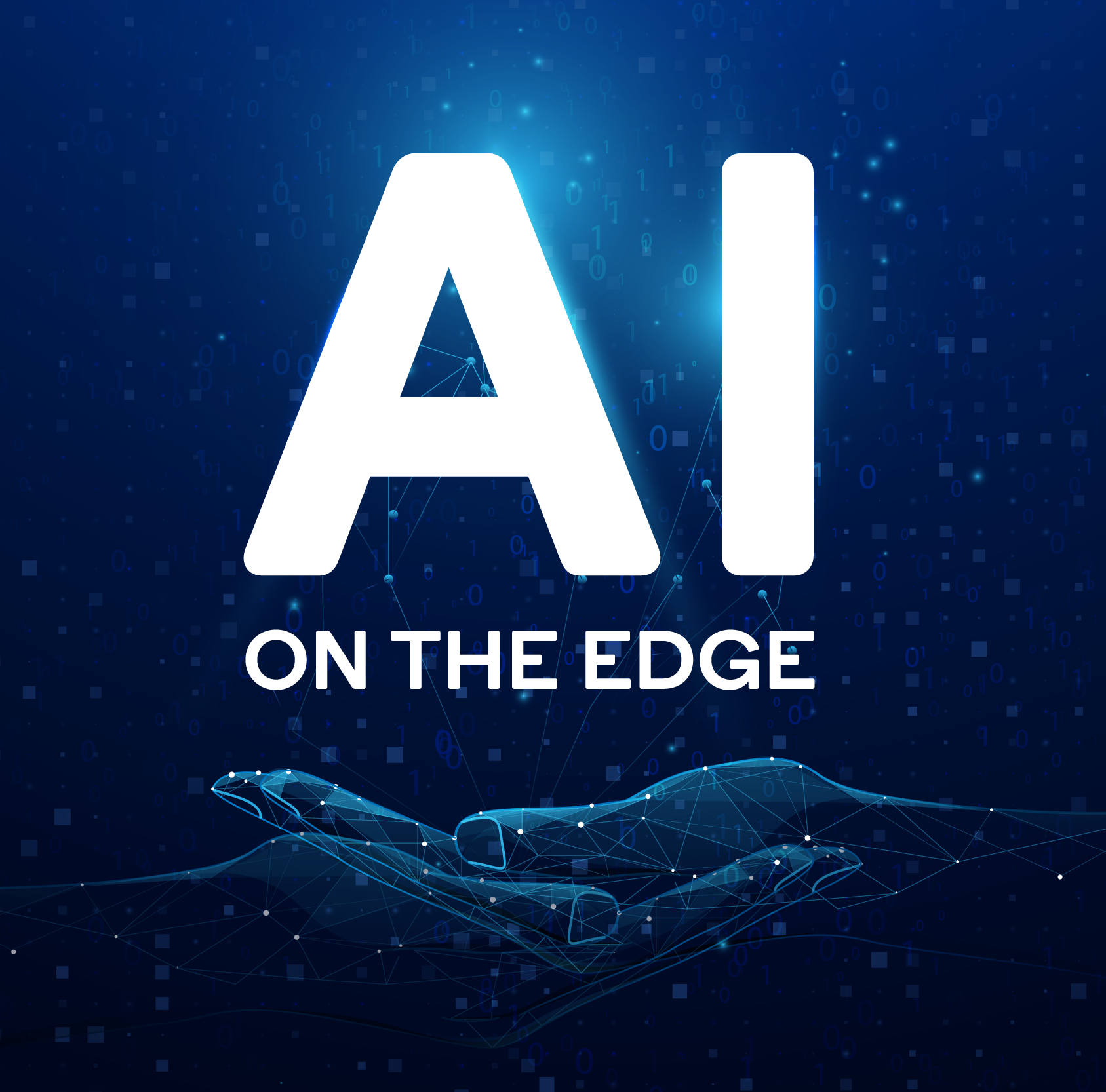
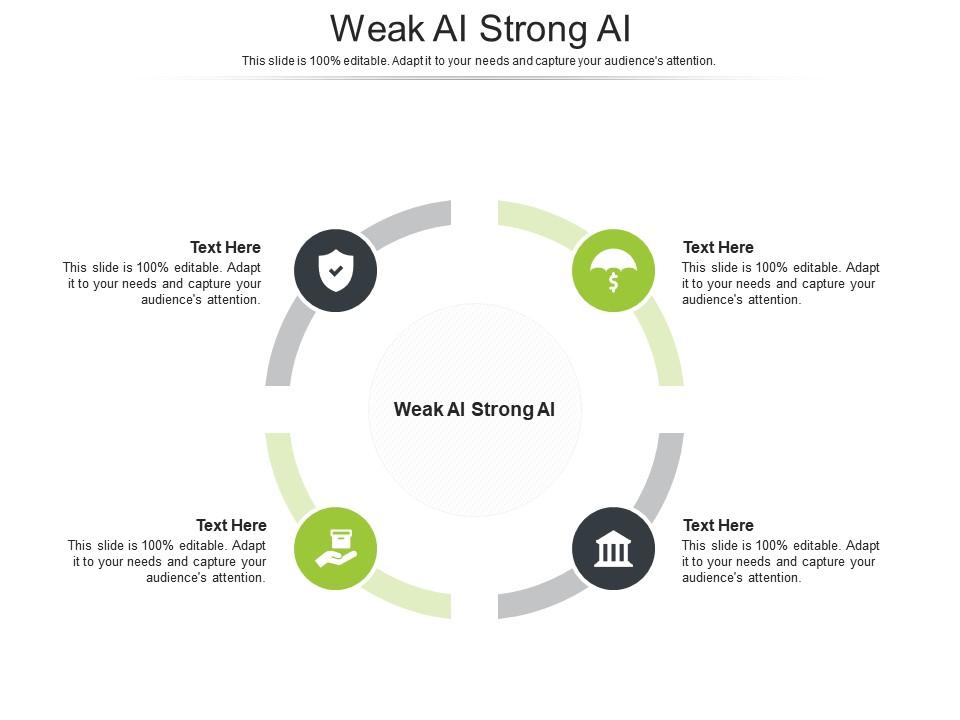
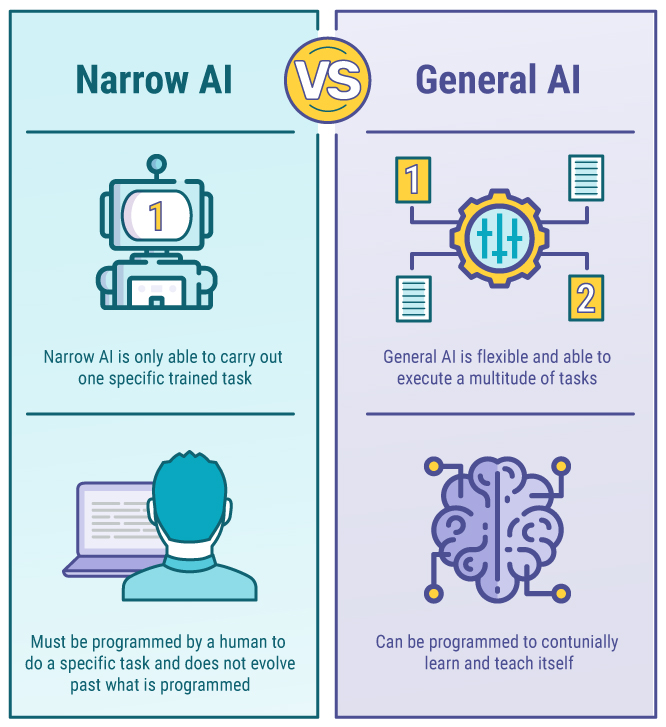
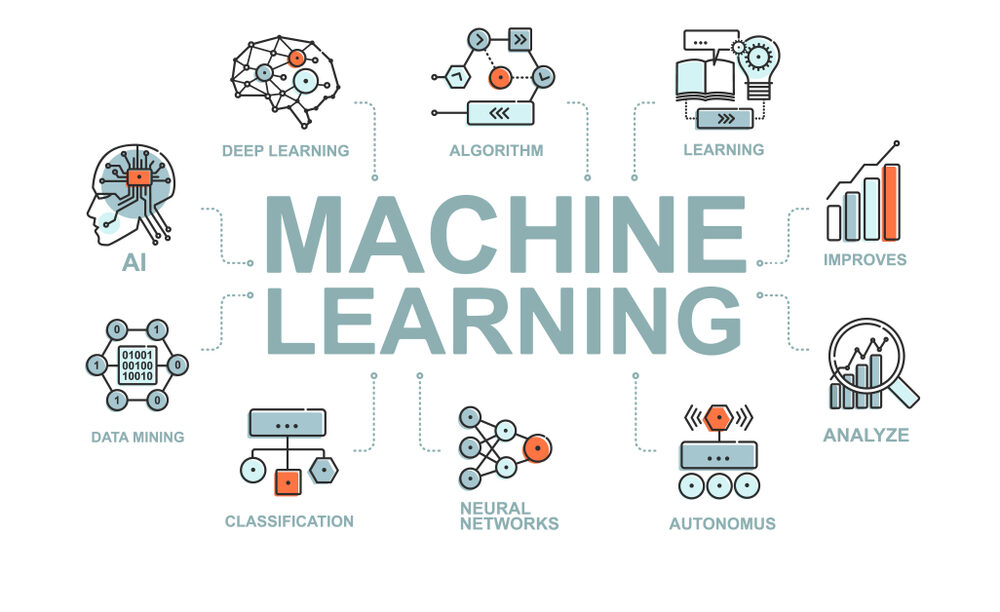

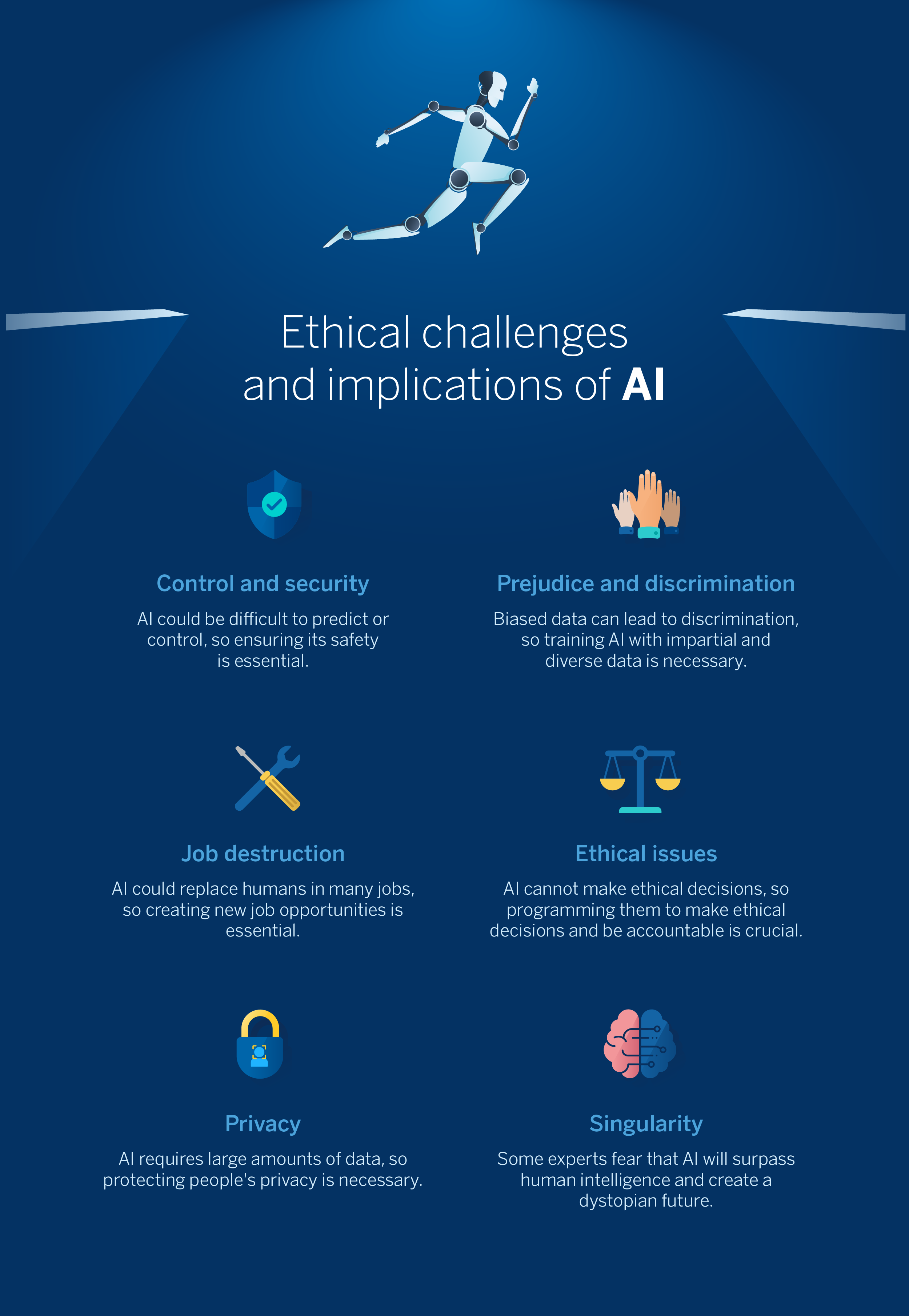
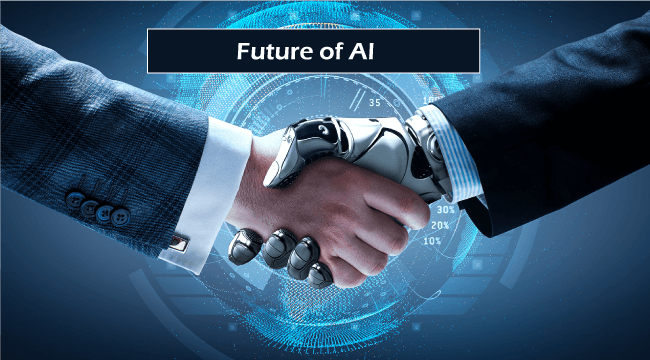

Super❤️
ReplyDeleteWOW Super!
ReplyDelete